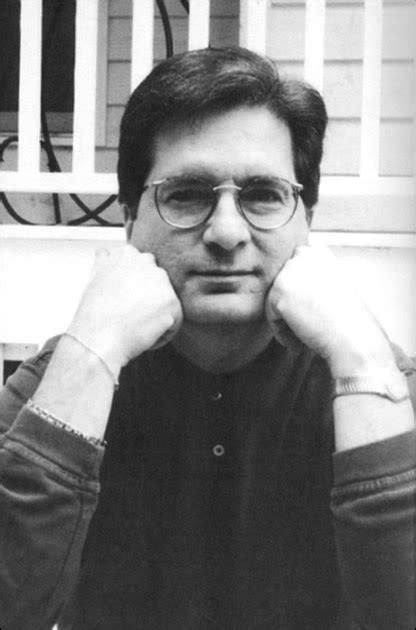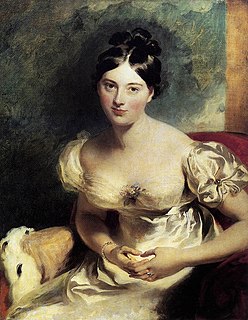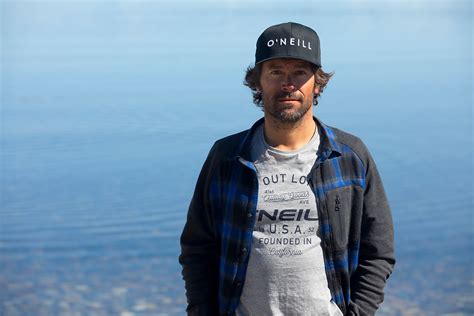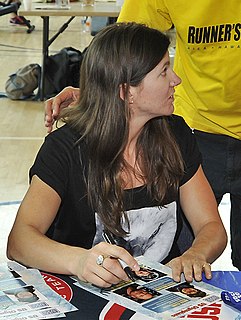A Quote by Mark McMorris
The nation as the horizon of an identity that you want to come into being as a fundamental absence of something that is compromised, something that needs to be rescued or made - these matters preoccupy the third world writer. It is seductive for a Marxist understanding of literary practice and production in the sense that it says that material culture determines literary output.
Related Quotes
All third world literature is about nation, that identity is the fundamental literary problem in the third world. The writer's identity is insecure because the nation's identity is not secure. The nation doesn't provide the third world writer with a secure identity, because the nation is colonized, it's oppressed, it's part of somebody else's empire.
I'm a storyteller, I'm not a literary writer, and I don't want to be a literary writer. People say to me, "Oh, when are you going to write something different?" What? I don't want to write anything different. I'm writing relationships between people, all different colors, all different sizes, all different sexual orientations, and that's what I want to do.
My literary criticism has become less specifically academic. I was really writing literary history in The New Poetic, but my general practice of writing literary criticism is pretty much what it always has been. And there has always been a strong connection between being a writer - I feel as though I know what it feels like inside and I can say I've experienced similar problems and solutions from the inside. And I think that's a great advantage as a critic, because you know what the writer is feeling.
A word, and all the infinite fluctuations it may possess. Like that moment when you know you have something to say, and you know you're speaking, even, but you still have no idea how you will say it. Or the moment when, as a reader, you're reading, and you are understanding what you are reading, but still have utterly no idea what will come next for you, what precisely the author wants to say. For me, that is the ultimate level of literary depth, of literary density.
The moment in the account of Adam and Eve in the book of Genesis is when they realize they're naked and try and cover themselves with fig leaves. That seemed to me a perfect allegory of what happened in the 20th century with regard to literary modernism. Literary modernism grew out of a sense that, “Oh my god! I'm telling a story! Oh, that can't be the case, because I'm a clever person. I'm a literary person! What am I going to do to distinguish myself?...a lot of modernism does seem to come out of a fear of being thought an ordinary storyteller.
What was needed was a literary theory which, while preserving the formalist bent of New Criticism, its dogged attention to literature as aesthetic object rather than social practice, would make something a good deal more systematic and 'scientific' out of all this. The answer arrived in 1957, in the shape of the Canadian Northrop Fryes mighty 'totalization' of all literary genres, Anatomy of Criticism .
The provincial intellectual is doomed to arguing at low level... there is still no Australian literary world, not in Sydney, Melbourne, Adelaide. It is some consolation to realise that there is no literary world in Birmingham or Los Angeles either. I have heard there is one in Montreal, but I don't believe it. The literary world is in London and New York, the only cities big enough to sustain magazines which can afford to reject copy.























